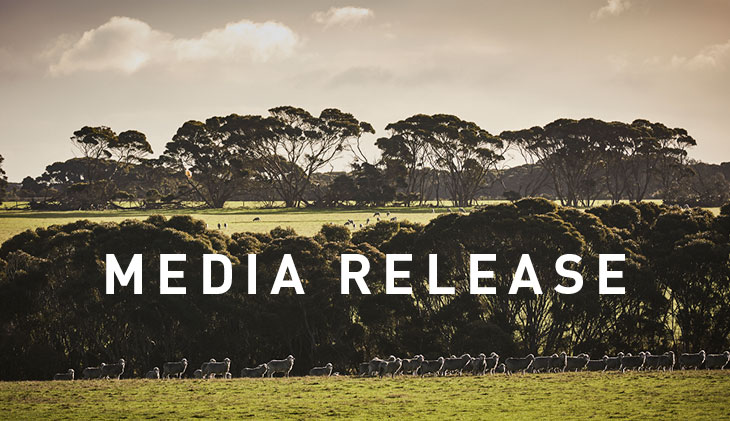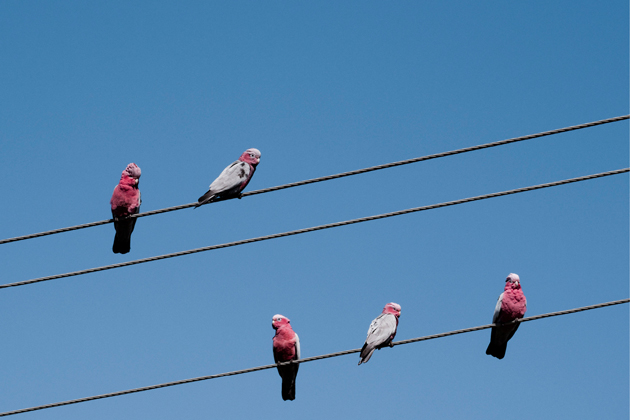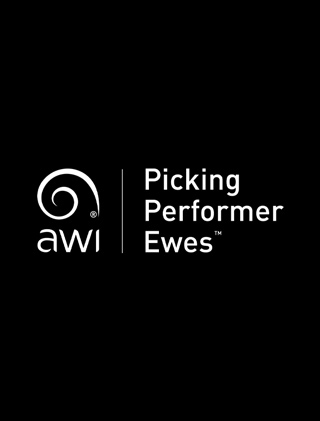Welcome to Australian Wool Innovation, a hub for the woolgrowers of Australia.
Not a woolgrower? Looking for information about wool products, wool care or wool processing?
The Woolmark Company is the global authority on wool. Visit Woolmark.com instead.
New investment in methane-reducing supplements

Australian Wool Innovation’s (AWI’s) significant investment to reduce methane emissions from grazing sheep received another boost with the Australian Government’s announcement of funding for four new projects under Stage 3.2 of its Methane Emissions Reduction in Livestock (MERiL) Program.
The new MERiL grant provides a further $3 million from the Australian Government for the project partners to investigate the efficacy and delivery of sheep feed additives to improve methane abatement as well as productivity.
The new stage, which will run for 2.5 years, addresses two key aspects: feed additive combinations and delivery methods. These four new projects build on five other AWI and Australian Government co-funded projects under the MERiL program.
AWI’s Program Manager, Fibre Advocacy & Eco Credentials, Angus Ireland says “this work sits within the National Sheep Methane Program (NSMP) which is a collaborative and coordinated effort between AWI and the departments of primary industries and universities in the main wool-producing states, to implement practical and safe ways for producers to reduce methane emissions from Australian sheep grazing systems”.
“Throughout our engagement in the NSMP, every MERiL project funded by AWI has been supported and co-funded by the Australian Government, providing good leveraging of woolgrower funding. Every $1 invested by AWI in this latest round is matched by $6 from the Australian Government, together with further funding contributions and in-kind services from the project partners.”
The first goal, additive combinations, will be the focus of the University of Western Australia (UWA) and University of New England (UNE). They will assess combining different classes of feed additives and ingredients, such as the rumen modifier Agolin Ruminant, to reduce methane emissions from grazing sheep and also increase productivity.
The second goal, delivery methods to grazing sheep, will be the focus of the Department of Primary Industries and Regions South Australia (PIRSA) and NSW Department of Primary Industries and Regional Development (DPIRD). PIRSA will examine the supply via drinking water and loose licks of anti-methanogenic additives and previously untested combinations. DPIRD will focus on identifying more effective intake of feed additives across the flock such as the effects of changing the mob size per feeder, the number of feeders in a paddock and the response to different additives.
“AWI is committed to helping reduce the wool industry’s environmental impact across the whole supply chain, with the farming stage being a key focus for reducing greenhouse gas emissions,” Angus said.















